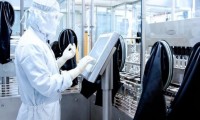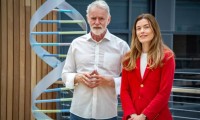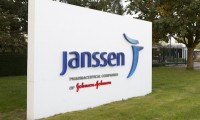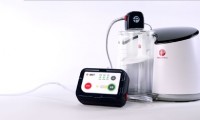-
Exploring the viability of a new treatment for vascular dementia
- Source: drugdu
- 113
- June 11, 2023
-
Pfizer taps Samsung Biologics in long-term biosimilar production deal worth $411M
- Source: drugdu
- 114
- June 11, 2023
-
After nationwide deal, Teva reaches $193M opioid settlement with holdout Nevada
- Source: drugdu
- 104
- June 11, 2023
-
Oura launches new social, sleep features as health tracker market continues to grow
- Source: drugdu
- 104
- June 11, 2023
-
Uncovering cancer-immune system interactions could inform how patients respond to immunotherapy
- Source: drugdu
- 136
- June 11, 2023
-
Study reveals first genetic locus for voice pitch
- Source: drugdu
- 104
- June 11, 2023
-
Axol and StrataStem link up for Alzheimer’s disease trial
- Source: drugdu
- 124
- June 10, 2023
-
Janssen shares positive phase 3 results for erdafitinib in bladder cancer
- Source: drugdu
- 114
- June 10, 2023
-
New devices could help Penumbra take market share, according to physician survey
- Source: drugdu
- 225
- June 10, 2023
-
Study may help advance data on oncolytic adenovirus mediated double suicide-gene therapy for high-grade brain tumors
- Source: drugdu
- 104
- June 10, 2023
your submission has already been received.
OK
Subscribe
Please enter a valid Email address!
Submit
The most relevant industry news & insight will be sent to you every two weeks.













